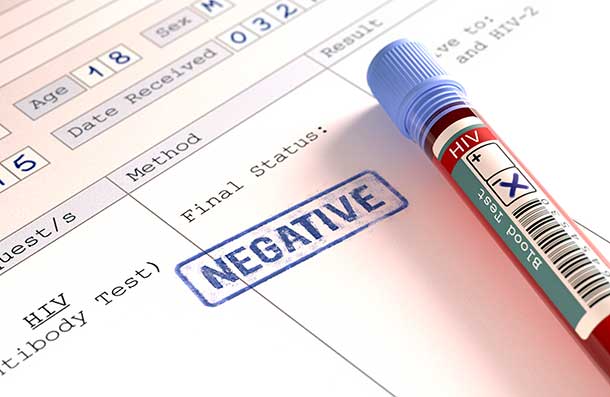
The statistics you hear every day are real. HIV continues to affect Black America at devastating rates with a rise in cases in Black women. There’s so much more to be done as a community and the first step in prevention is awareness and understanding. Pat Whitfield, a communicable disease control specialist whose job is to notify people who test positive for HIV, shares valuable information about the spread of the disease within the Black community and reveals the steps involved in notifying patients when they have the HIV virus.
What is the HIV testing process like from start to finish?
The patient comes in to be tested and we conduct a pre-test counseling interview. We ask questions such as: When was your last sexual encounter? What is your sexual preference? Do you currently take drugs? Does your sexual partner use drugs? How many partners have you had sex with in the last two months? All of this is helping us to understand the patient’s risk factor. The paperwork is filled out to get the blood work done and it takes two weeks for us to get the lab results from the state lab. If we feel that there is a possibility that the patient could be infected we will do a rapid testing. The rapid test is 20 minutes. If the test indicates they are HIV positive we go ahead and do the posttest counseling and put them into care right away.
After the patient has found out they are HIV positive what happens next?
Anytime someone tests positive for HIV we have to notify the state and they come in and conduct an interview with the patient. It is surprising that sometimes when we tell them they are HIV positive they don’t get upset. They just ask about the medication. We have to notify all of the partners that the patient had sex with during the past year and get them in for treatment. We send the patient to an infectious disease provider that can get them into the Ryan White Program because 95% of our patients do not have health insurance, Medicaid, or Medicare. The program provides the medication and the continuum of care that is needed.
What do we need to do to help stop the spread of HIV?
We need to talk about it and educate people. We need to encourage people to get tested. People still do not know the modes of transmission for HIV. Our biggest challenge is getting people to receive the education. The mass majority of us meet in our churches. Sometimes the churches may have to step up to the plate. Let’s educate our young people. We have got to take responsibility. They need to know that there is more than just getting pregnant that can change your whole life. We have got to get together as a community and really teach. I get tired of seeing our young men [and women] come in and we have to tell them that they have Syphilis or HIV…They are walking around with the virus, asymptomatic, and don’t know they have it.
Are there any new medications that can help in the prevention or spread of HIV?
There is a new medicine called PrEP from the Centers for Disease Control (CDC). If a person has HIV and they have a partner their partner can request PrEP to keep them from catching the virus. This is something that is being strongly pushed. If people do not know that it is out there they won’t know to use it.